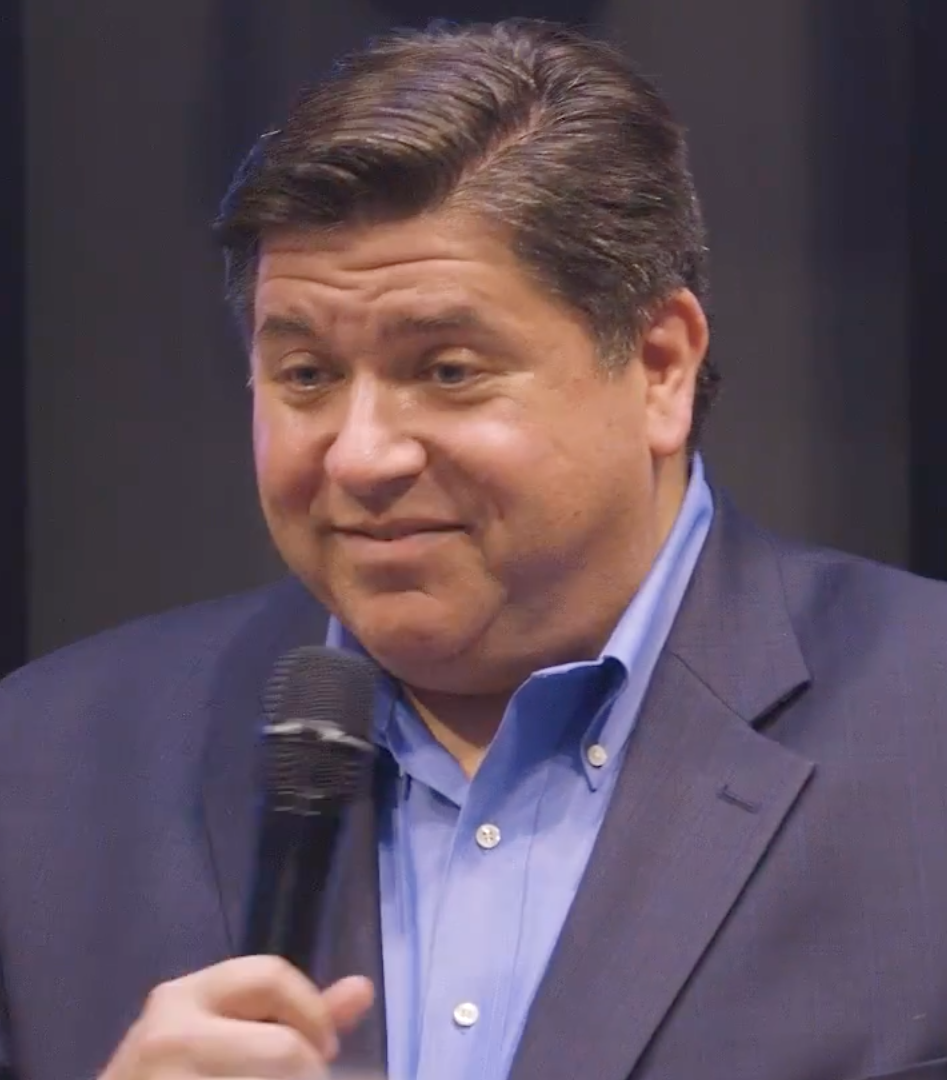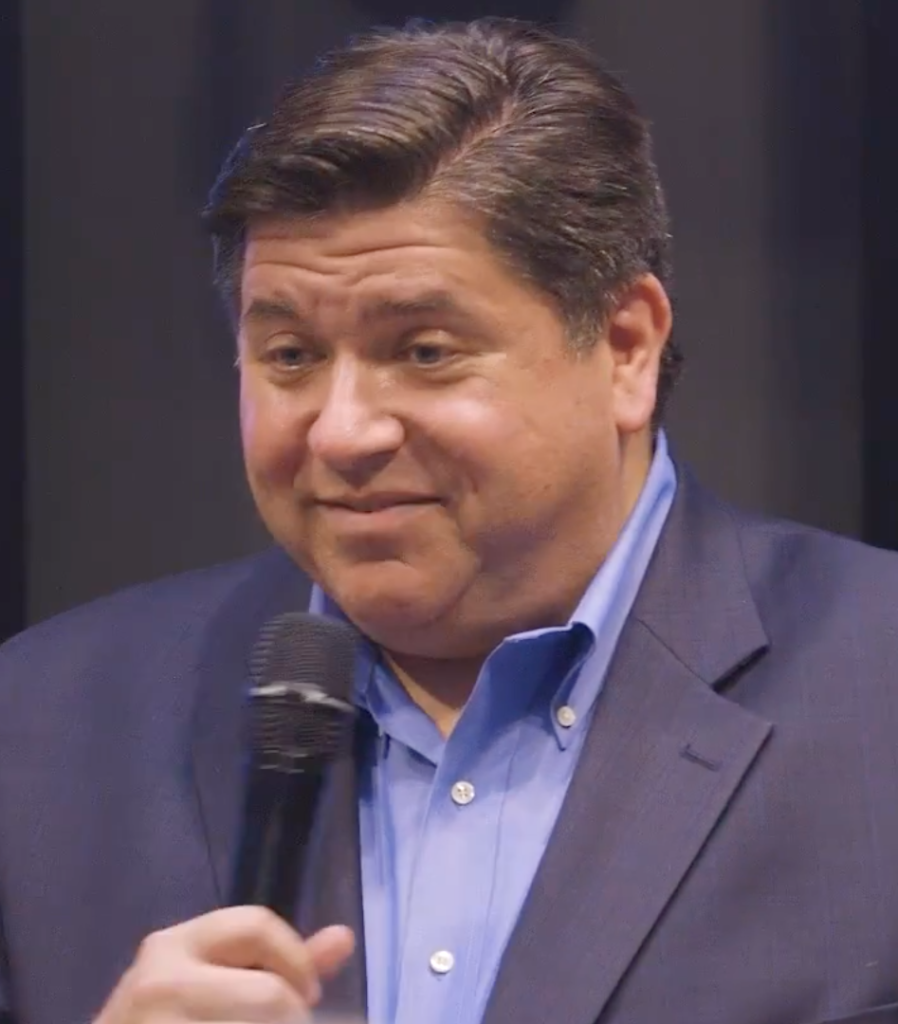
Chicago–Taxpayers United of America (TUA) president Jim Tobin, today criticized Illinois Governor Jay Robert “J. B.” Pritzker’s response to COVID-19.
“Pritzker is killing the Illinois economy,” said Tobin. “On March 25, Pritzker announced he was considering extending the statewide lockdown, and the continued closure of all businesses he deemed non-essential.”
“If the lockdown is extended as is, the Illinois middle class will be devastated. Unlike government employees, taxpayers have to worry if their jobs will still be there after the lockdown. One taxpayer wrote to me, telling how he lost his job of 11 years, and that his former employer would likely close its doors soon. The virus didn’t do that. Pritzker did.”
“Pritzker needs to use his emergency powers to slash taxes to support those struggling in Illinois. Tax cuts will especially be needed if he extends his lockdown order. I know Representatives in the Illinois State House, including Allen Skillicorn (R-66, Crystal Lake), have come forward with a list of actions needed to defend the Illinois economy against the worst of Pritzker’s lockdown. Their proposed sales tax holiday will be particularly useful in getting Illinois moving again.”
“Pushing back the state income tax deadline to that of the new federal income tax deadline is not enough. Taxpayers need immediate relief, and the defeat of all new tax increases, including the November 3 Income Theft Amendment, are necessary for recovery.”








